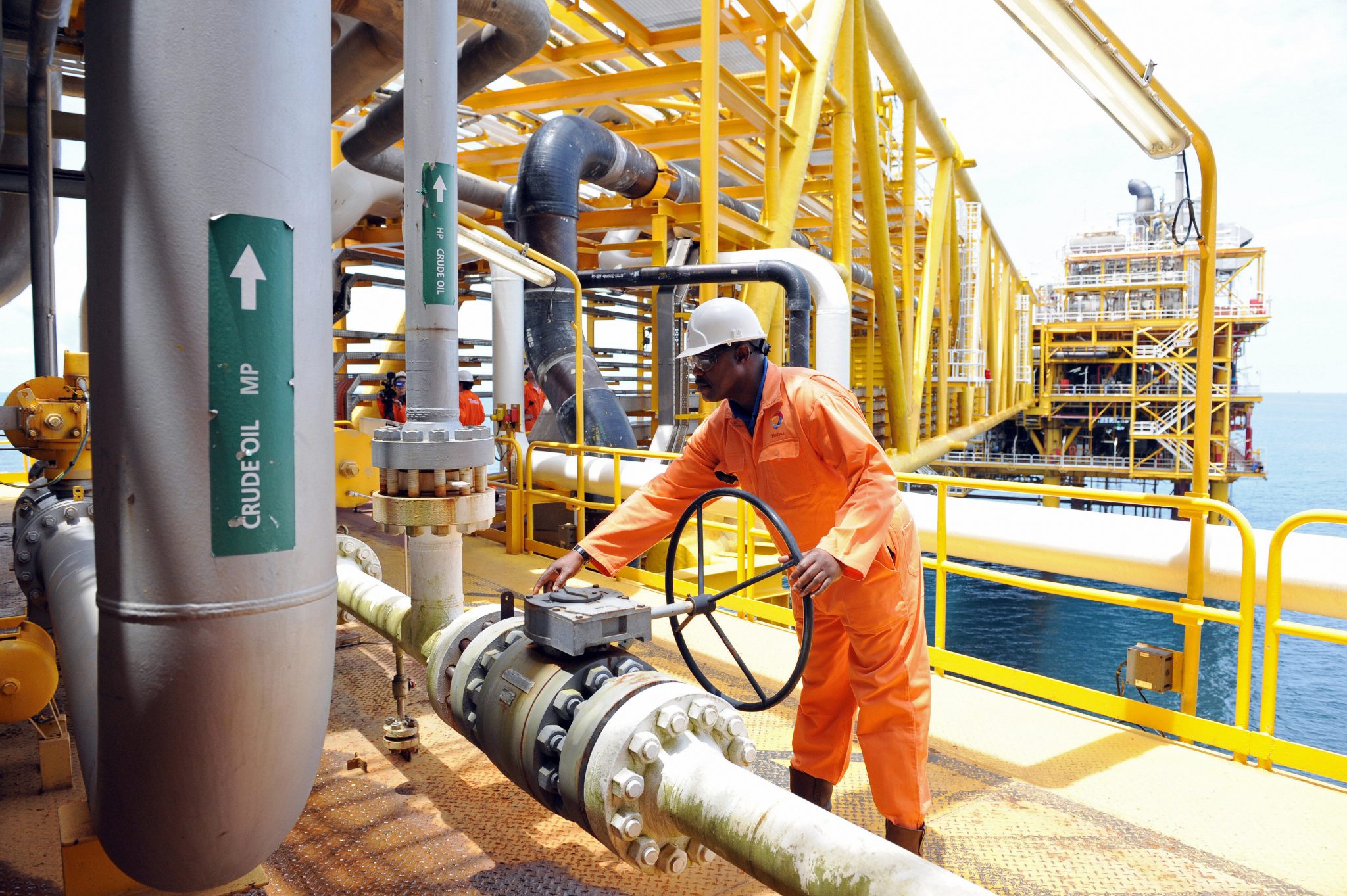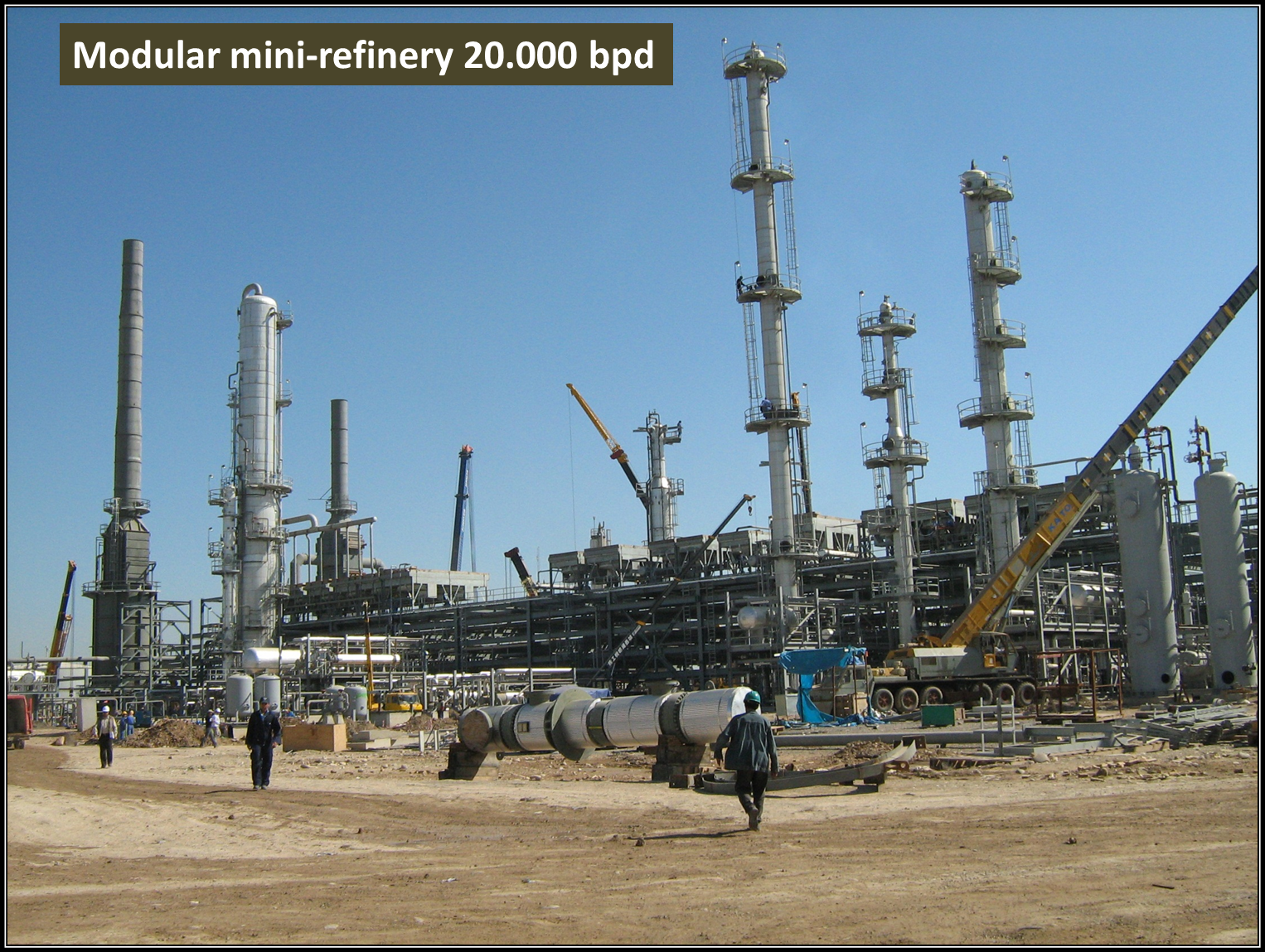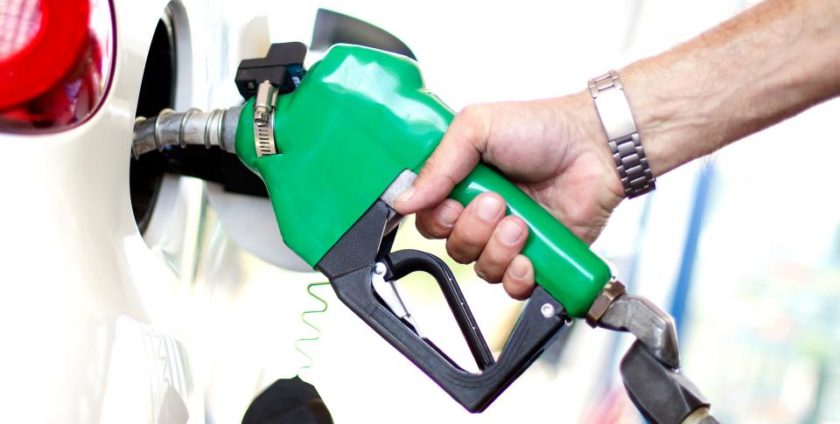
Nigeria’s Crude Oil Production Rises By 9%
Nigeria’s crude oil daily production recorded an upward swing of about 2.09million barrels in 2018, translating to a 9 per cent increment, compared with the 2017 average daily production of 1.86million barrels.
Pitched against the low-level daily crude oil production in 2016 and what obtains now, Nigerian National Petroleum Corporation (NNPC) Group Managing Director, Dr. Maikanti Baru, said the nation had maintained a line of consistent year-on-year improvement.
For the crude oil increment and other milestones recorded by NNPC in the outgone 2018, Dr. Baru, who made the submission in a comprehensive end of year message to staff of the corporation, touted the new business models his team has emplaced in the national oil company’s old and new business entitles as raison d’être for the giant strides.
A release Tuesday in Abuja by NNPC Group General Manager, Group Public Affairs Division, Mr. Ndu Ughamadu, said the Nigerian Petroleum Development Company (NPDC), Nigerian Gas Company (NGC), Petroleum Products Marketing Company (PPMC), Duke Oil, NIDAS and Integrated Data Services Limited (IDSL), were among the re-engineered companies listed by the NNPC GMD in his statement.
Ughamadu said Dr. Baru singled out NPDC, the corporation’s Upstream flagship company, as the major contributor to the Industry’s success story in 2018, expressing enthusiasm on the 52 per cent daily crude oil production growth by the company vis-à-vis its 2017 performance.
Dr. Baru in the end-of-year statement explained that the average production from NPDC’s operated assets alone grew from an average of 108,000 of oil per day (bod) in 2017 to 165,000bod in 2018, describing the feat as the strongest production growth within the Oil Industry in recent times, even as he added that it was worth being celebrated.
The GMD said NPDC’s equity production share which stands at 172,000bod, representing about 8 per cent of national daily production, was no less impressive, saying the desired results are outcomes of initiatives his Management team emplaced, among which, he noted, are the Asset Management Tea (AMT) structure, Strategic Financing, Units Autonomy and security architecture framework. Of the Industry milestones in the outgone year.
Dr. Baru described the 200,000bop addition which the Egina Floating Production Storage and Offloading (FPSO), completed and sailed away to location in August last year, added to nation’s daily production, even as he disclosed that the project achieved First Oil at 11.20pm on 29th December, 2018.
In end-of-year statement, the release by the NNPC spokesman stated the NNPC GMD relayed to staff, a save of $1.7billion dollars by NNPC, with corporation’s Joint Venture (JV) partners over a five-year tenor repayment plan, saying already the corporation has defrayed $1.5billion of the arrears.
Dr. Baru made the promise that NNPC would stick to the Repayment Agreement with the JV Partners while transiting to self-funding IJV modes with the corporations partners, saying that tiding up the Cash Call issues has led to increased commitment and enthusiasm to invest in Nigerian Oil and Gas Industry even as it has also boosted NNPC’s credit profile internationally.
Dr. Baru concluded the achievements of NNPC in the Upstream sector by listing other milestones achieved by his team to include: reduction in contracting cycle for Upstream Operations to nine months from an average of 24, even as the corporation targets a six months cycle; lowering of production cost from $27/barrel to $22/barrel; and improving on the security situation in the Niger Delta through constructive engagement and dialogue with relevant stakeholders.



